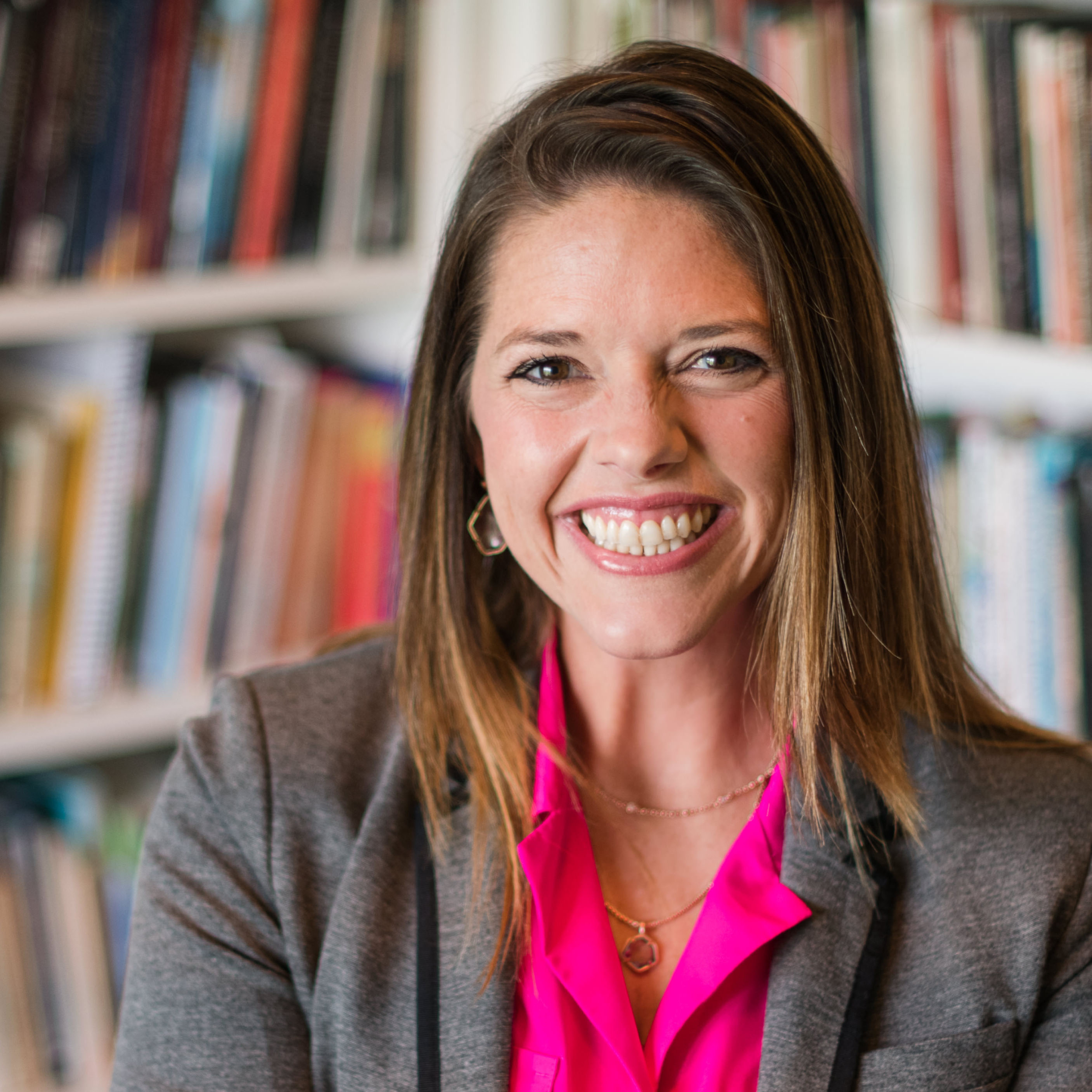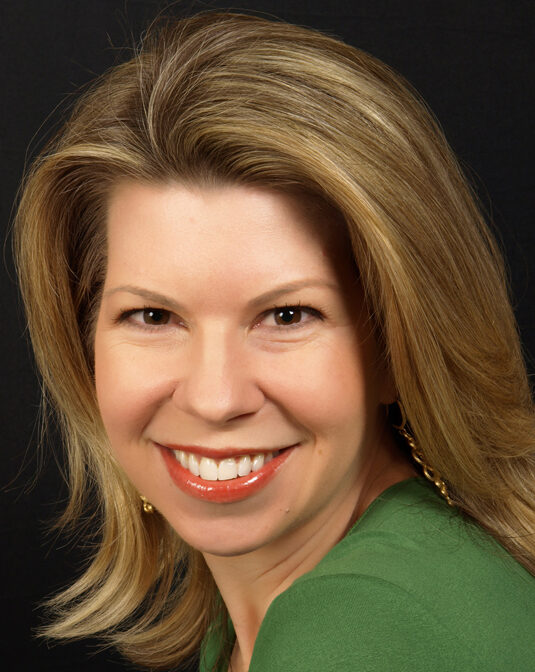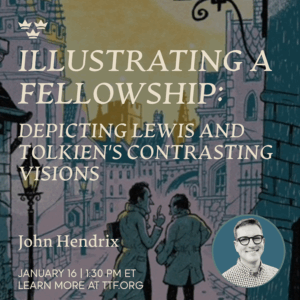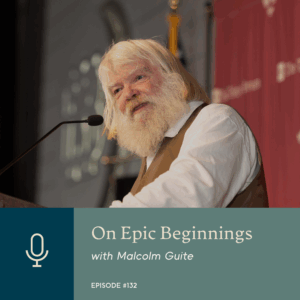Reading as a Spiritual Practice with Jessica Hooten Wilson
March 31, 2023
Overview
Speakers
-
 JESSICA HOOTEN WILSON
JESSICA HOOTEN WILSON -
 CHERIE HARDER
CHERIE HARDER
SHARE

